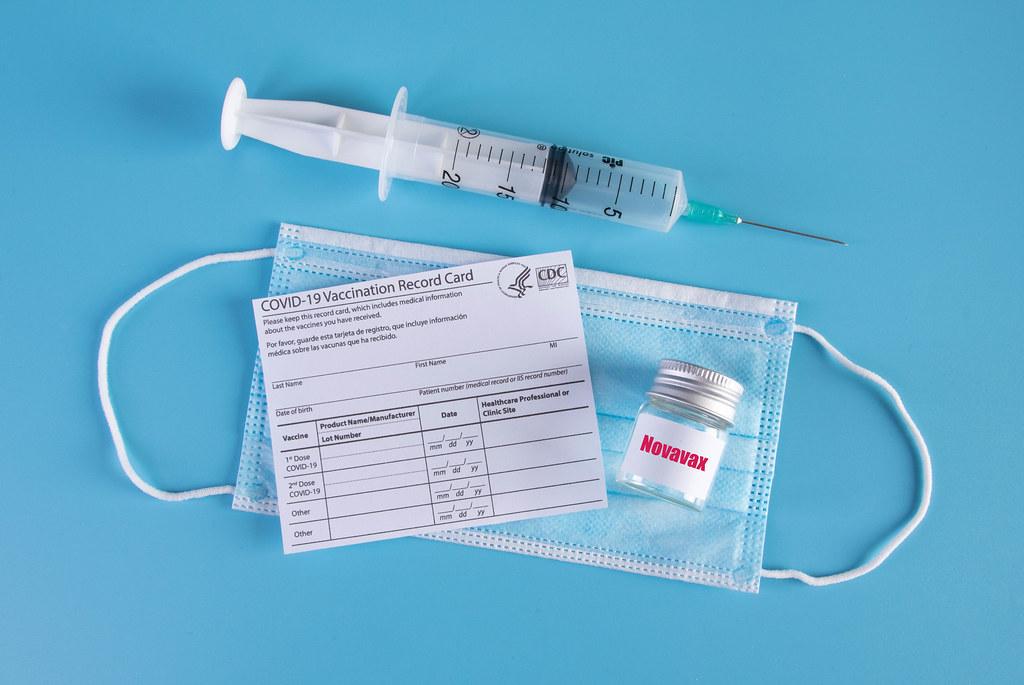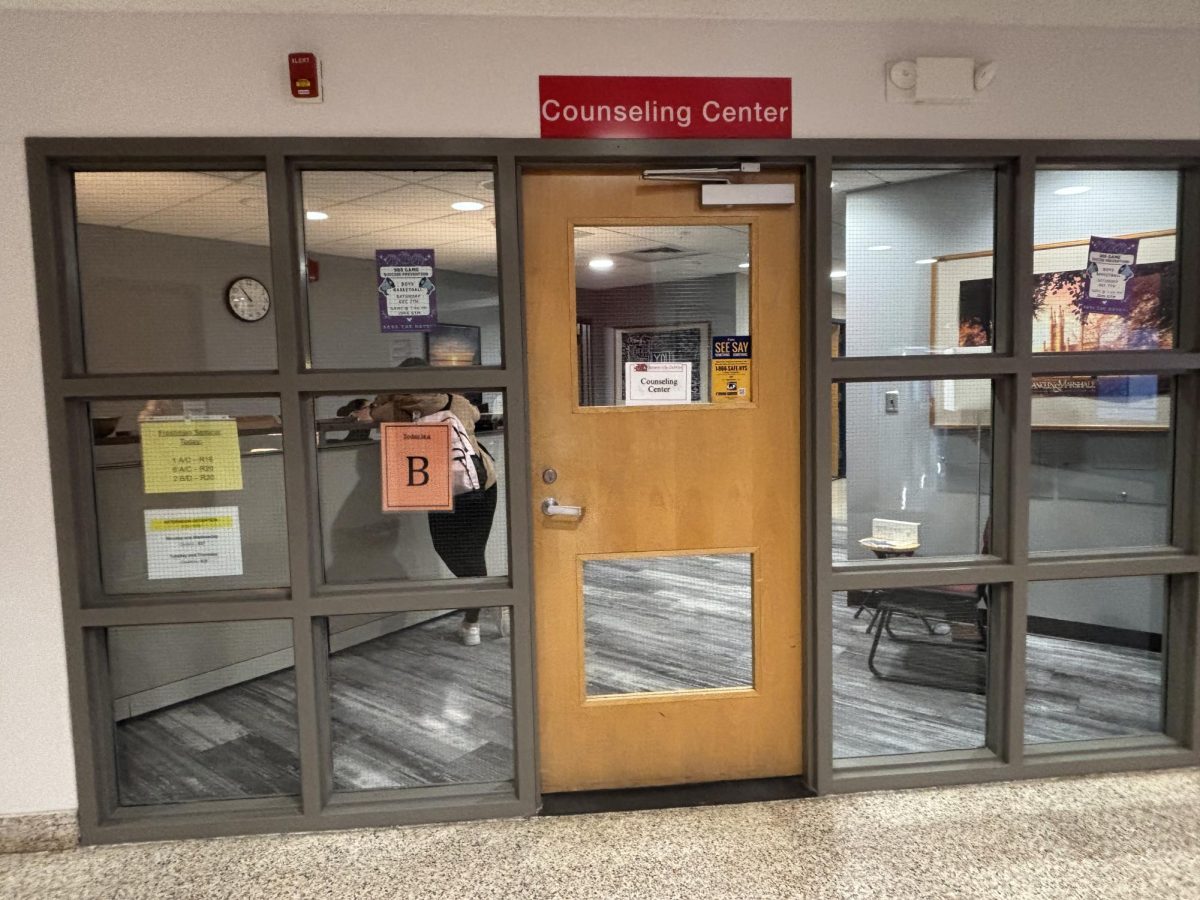For the last year and a half, one question has controlled the thoughts of nearly every person on Earth: when will the COVID-19 pandemic end? The answer to this appears to be anything but clear. While some public health experts say that the pandemic is entering the last few months of its lifetime, others claim that it will be years before COVID is truly gone.
There is wide heterogeneity in thought as to when COVID will be considered to be completely over. Some speculate that the pandemic will end when deaths finally drop to the same level that is seen with the flu annually, or when the vaccine is available to all age groups, or even when Americans are finally exhausted by all the restrictions on daily life and begin to live with no regard to them. In the meantime, medical officials are cautiously watching the virus run its course through the population, while continuing to prioritize masking and social distancing, and emphasizing the need for vaccinations and tests for all those to whom they are available.
Scientists who believe that the pandemic is nearing its end do so with experience from similar pandemics that have occurred in the past. There is unsuspecting optimism among many people while viewing rising COVID cases from the Delta variant. “We’re sort of at the peak of the pandemic because the Delta variant is causing immunity like crazy. Delta comes in like a hurricane, but it leaves a lot of immunity in its wake,” says Monica Gandhi, an infectious-disease specialist and professor of medicine at the University of California at San Francisco. The severity of the Delta variant makes future variants less likely to be as lethal, and though people will still get COVID, they won’t have as grave effects. When this occurs, COVID will become endemic, meaning that it will no longer be seen as a short-term emergency, but rather a long-lasting commonality, such as the flu or common cold.
Those who claim that the pandemic will last for years do so from a different perspective. After over a year of waiting, people have become eager to return to pre-COVID activities, but many medical officials say that it will be at least until spring that places are able to fully open with no restrictions again, and even longer if there appears to be continuing resistance to vaccines and guidelines issued by the Center for Disease Control and Prevention (CDC). Many doctors almost prefer the longer delay for a reopening, saying that it will be safer for the general population. “Telling people it’s going to be two or three more years of this is really hard, but I don’t think anyone can be comfortable with the current state, with a lot of kids ending up in the hospital and a thousand deaths a day. That’s not returning to normal,” said Ezekiel Emanuel, a professor of medical ethics and health policy at the University of Pennsylvania.
With the current development of vaccine booster shots and a constant push for a return to normalcy, there is optimism for eased guidelines and restrictions in upcoming weeks. Even with this progress, there is no way to tell when the pandemic will truly be over. Only one thing is known: whether the disease itself lasts for another few months or another few years, the remnants of the COVID-19 pandemic and lockdown will stay with every person that experienced it for the rest of their lives.





































